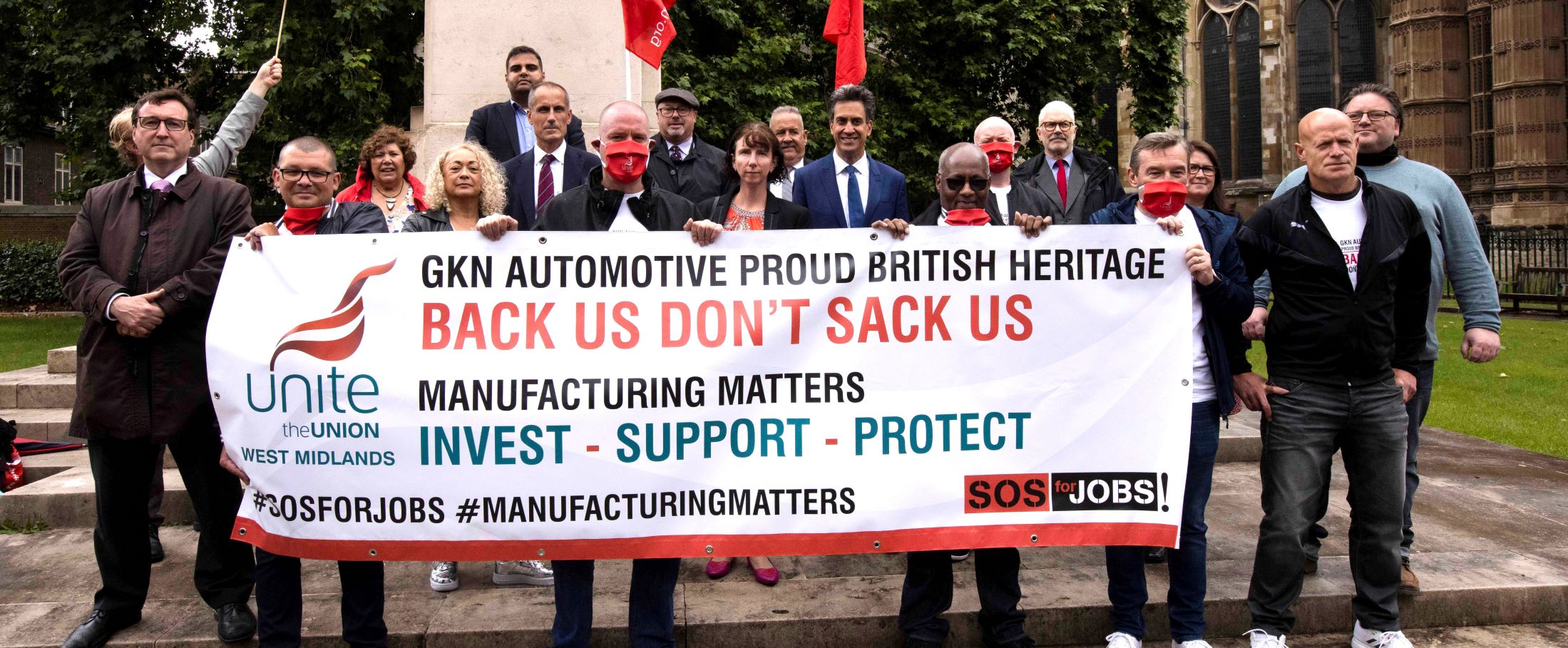Pivotal role
Unite hailed the pivotal role played by its Rolls-Royce shop stewards and members in securing a new large engine test bed facility after the engine maker announced it was investing ÂŁ150m in its plants in Derby, Hucknall and Annesley in the East Midlands.
Potentially leading to further investment, which is expected to be worth several hundreds of millions of pounds across the whole of Rolls-Royce’s UK operations, yesterday’s (June 29) announcement effectively secures the manufacturing base of Roll-Royce in the UK for the next 20 years, along with 7,000 high quality jobs.
Unite had been campaigning for a new large engine test bed to be built in the UK to develop the next generation of aircraft engines. As part of the investment Unite has signed a job security agreement which means there will be no compulsory redundancies at the three East Midland sites for the next five years.
A new joint management trade union strategic workforce panel will also be established to review, in advance, decisions on workload and workforce planning, in addition to capacity restraints and investments by the company.
Culmination
Commenting Unite national officer Ian Waddell said, “The announcement of a new engine test bed and millions of pounds in investment is the culmination of a campaign by Unite members and shop stewards to convince Rolls-Royce to invest in the UK.
“There were real fears that future investment could go overseas, but thanks to the skills, capabilities and adaptability of Rolls-Royce’s UK workforce, thousands of jobs have been secured.
“This massive vote of confidence in a world leading workforce will also mean more high quality apprenticeships and secure Rolls-Royce’s manufacturing base in the UK for the next 20 years.”
Unite general secretary Len McCluskey added, “This is great news for a world beating workforce making world class engines and testament to the hardwork of Unite’s shop stewards and members.
“It is a good day for British manufacturing that must not be undone by a botched Brexit.
“The government must now play its part by pursuing a â€jobs first’ Brexit and securing tariff-free access to the single market and customs union. A failure to do so, risks future investment and decent high quality manufacturing jobs.”
 Like
Like Follow
Follow

